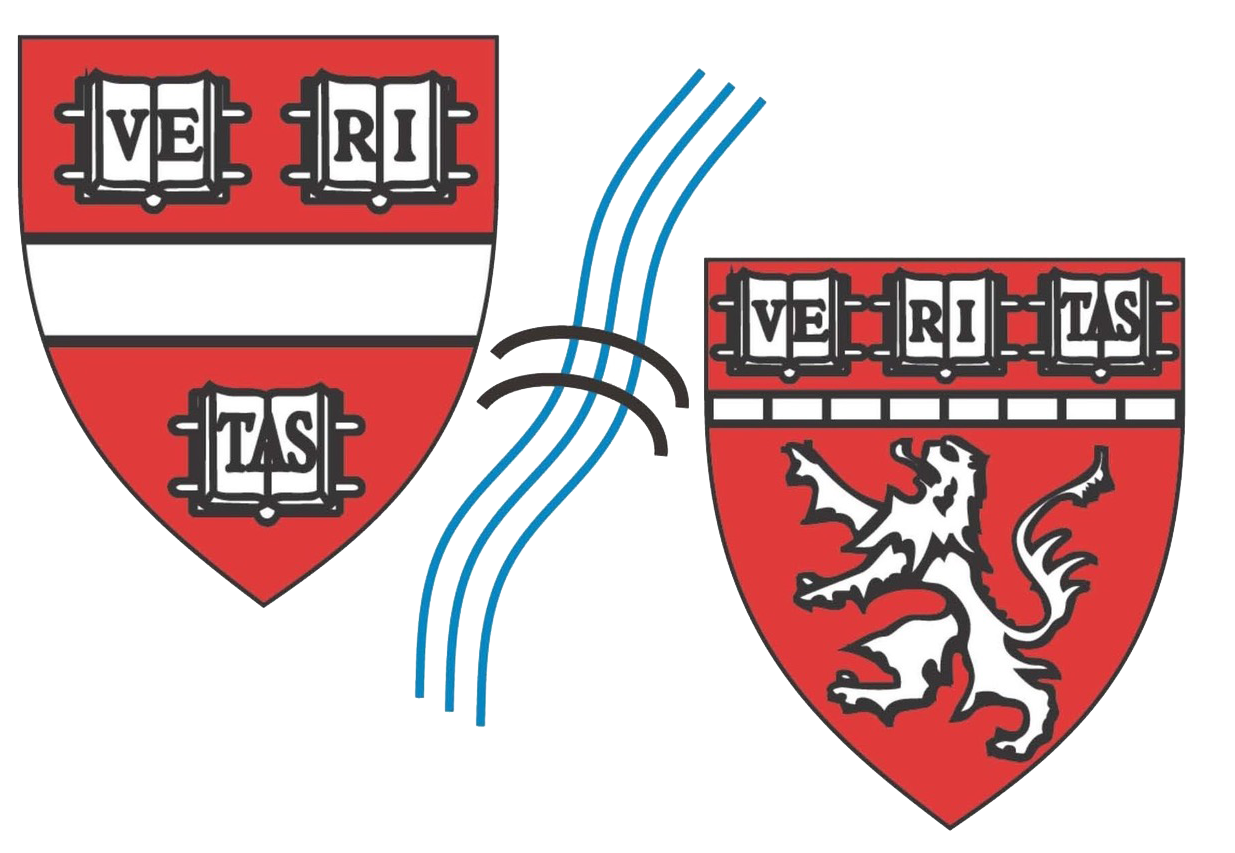The Biophysics Program requires students to complete 8 full-semester, letter-graded courses toward the fulfillment of the PhD.
The 1st year fall semester of the Biophysics 300 course (graded as SAT/UNSAT) can be counted towards this number, as well. Every full-time student must be enrolled for at least 4 credits of 4 classes per semester (minimum of 16), every semester, in order to be considered registered as a full-time student at the university. Once formal course requirements are complete, these credits can be comprised of full-time dissertation research “courses” at the 300+ level.
The Biophysics Program requires few specific courses, however, all students are required to complete the following:
Biophysics 242r. Special Topics in Biophysics Focuses on new topics in Biophysics emerging from research in faculty laboratories, in the area of special interest of the lead faculty instructor for that year; topics which would not normally be available in the established curriculum. Each Biophysics graduate student must take this course at least once during the early part of their time as a student in the program.
Biophysics 300. Introduction to Laboratory Research Introductory lectures by faculty members associated with the Biophysics program. Lectures are given Mondays, Wednesdays and Fridays in the Fall semester of the student's first year and are accompanied by three periods of instruction (rotations) in laboratories ranging from structural molecular biology, cell and membrane biophysics, molecular genetics and development, physical biochemistry, and neurosciences in the fall, continuing into the Spring semester (rotations tend to begin during the fall semester). Students normally spend each rotation in a different field.
Medical Sciences 300qc. Conduct of Science Discussion/Seminar Series / Medical Sciences 302qc Refresher Course The Conduct of Science is a discussion forum on ethics and the proper conduct of science. It is designed to provide discussion among new and continuing students and faculty on matters of responsible scientific practice and ethics. Spanning a broad range of topics from issues in the laboratory, through the culture of scientific investigation, to the impact on society and responsibilities of scientists, this series encourages exchange of information and opinions among small, but diverse groups. Through the habit of discussing issues in the conduct of science, young investigators will learn to evolve a current consensus of responsible scientific conduct.
The Medical Sciences 302qc Refresher Course is a follow-up course for students in their 5th year of graduate studies.
Examples of other courses in which students the Biophysics Program enroll in fulfillment of their program course requirements are included below (students are also not limited to these courses). Harvard Course numbers are included for reference.
Structural Molecular Biology
- Structural Biology from Molecules to Cells (Biophysics 204)
- Dynamic and Stochastic Processes in Cells (Systems Biology 200)
- Interplay between Viruses and their Hosts (MCB 165)
- Principles of Molecular Biology (BCMP 200)
- Macromolecular NMR (BCMP 228)
- Molecular Biology of the Bacterial Cell (Microbiology 201)
- Mechanisms of Microbial Pathogenesis (Microbiology 205)
Molecular Genetics
- Quantitative Genomics (Biophysics 170)
- Computational and Functional Genomics (Biophysics 205)
- Chemical Biology (Chemistry 170)
- Principles of Genetics (Genetics 201)
Physical Biochemistry
- The Quantum World (Chemistry 160)
- Statistical Thermodynamics (Chemistry 161)
- Frontiers in Biophysics (Chemistry 163)
- Experimental Physical Chemistry (Chemistry 165)
- Stem Cells & Regeneration in the Pathobiology & Treatment of Human Disease (SCRB 167)
- Statistical Mechanics in Chemistry and Biology (Chemistry 190)
- Quantum Mechanics for Physical Chemistry (Chemistry 242)
Cell and Membrane Biophysics
- Interplay between Viruses and their Hosts (MCB 165)
- Molecular and Cellular Immunology (MCB 169)
- Biochemistry of Membranes (MCB 176)
- Principles of Cell Biology (Cell Biology 201)
- Molecular and Systems Level Cancer Cell Biology (Cell Biology 211)
- Biology of the Cancer Cell: From Molecular Mechanisms to Therapeutic Implications (Cell Biology 212)
Mathematical Biophysics
- Complex Analysis & Series Expansions for Applications to Sci (Applied Mathematics 104)
- Ordinary and Partial Differential Equations (Applied Mathematics 105)
- Nonlinear Dynamical Systems (Applied Mathematics 108)
- Mathematical Modeling (Applied Mathematics 115)
- Mathematics in Biology (MCB 111)
- Population Genetics (OEB 242)
- Methods of Analysis (Math 115)
- Signals and Systems (Engineering Science 156)
- Physical Mathematics I (Applied Mathematics 201)
- Physical Mathematics II (Applied Mathematics 202)
- Evolutionary Dynamics (Math 243)
Neurosciences
- Systems Neuroscience (MCB 105)
- Cellular Basis of Neuronal Function (MCB 115)
- The Brain: Development, Plasticity and Decline (MCB 129)
- Molecular and Cellular Biology of the Senses and their Disorders (MCB 141)
- Neurobiology (Neurobiology 200)
- Systems Neuroscience (Neurobiology 204)
- Molecular and Developmental Neurobiology (Neurobiology 211)
